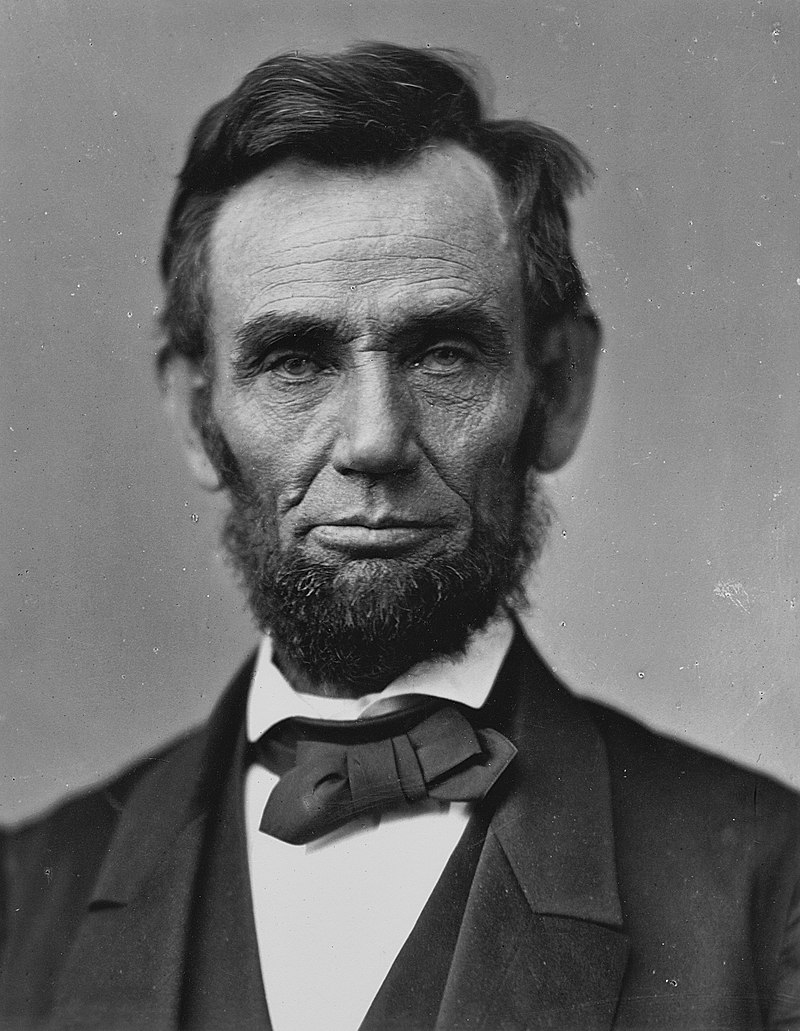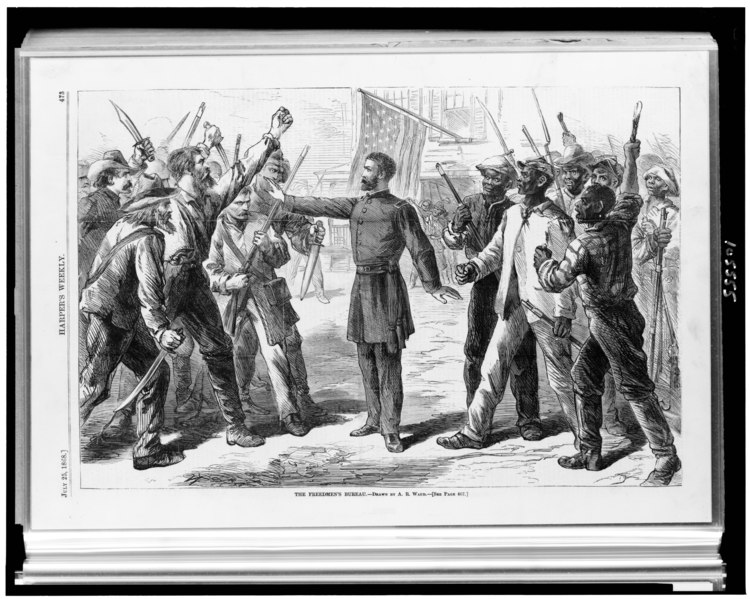
Introduction to Lesson 13
America failed in its lofty attempt at Reconstruction. There were many unfulfilled promises during that time, notoriously including Union General William T. Sherman's Special Orders No. 15 of January 16, 1865. As part of Special Orders No. 15, General Sherman was ordered to allot forty acres of land, and later a mule, to individuals in the properties where they had worked as slaves. Special Order No. 15 stated that slaves had earned the right to own the land they had worked as slaves and to live with freedom, liberty, and justice for all, Abraham Lincoln's successor, Andrew Johnson ![]() SIDE NOTEPAndrew Johnson was the 17th president of the United States, serving from 1865 to 1869. He assumed the presidency as he was vice president at the time of the assassination of Abraham Lincoln. Johnson was a Democrat who ran with Lincoln on the National Union ticket, coming to office as the Civil War concluded. He favored quick restoration of the seceded states to the Union without protection for the former slaves. This led to conflict with the Republican-dominated Congress, culminating in his impeachment by the House of Representatives in 1868. He was acquitted in the Senate by one vote.
SIDE NOTEPAndrew Johnson was the 17th president of the United States, serving from 1865 to 1869. He assumed the presidency as he was vice president at the time of the assassination of Abraham Lincoln. Johnson was a Democrat who ran with Lincoln on the National Union ticket, coming to office as the Civil War concluded. He favored quick restoration of the seceded states to the Union without protection for the former slaves. This led to conflict with the Republican-dominated Congress, culminating in his impeachment by the House of Representatives in 1868. He was acquitted in the Senate by one vote.
(Wikipedia). , swiftly put a halt to Special Orders and Freedmen's Bureau bills by simply annulling such proclamations.
The Freedmen's Bureau bills provided legislative authorization for the Freedmen's Bureau, which U.S. President Abraham Lincoln set up in 1865 as part of the United States Army. The Freedmen's Bureau was enacted by Congress on March 3, 1865 with the charter to lift the living conditions of former slaves through food and housing, oversight, education, health care, and employment contracts with private landowners. Following the original bill in 1865, subsequent bills sought to extend its authority and lifespan. However, after Lincoln's assassination, Andrew Johnson tried to derail the bill's intention. Johnson's strong opposition to federally guaranteed rights for Black Americans is widely criticized. The Bureau was eventually disbanded in June 1872, during the first term of U.S. President Ulysses S. Grant, yet another case of unfulfilled promises of this era.
As Henry Louis Gates, Jr., writes,

Try to imagine how profoundly different the history of race relations in the United States would have been had this policy been implemented and enforced; had the former slaves actually had access to the ownership of land, of property; if they had had a chance to be self-sufficient economically, to build, accrue, and pass on wealth.

Gates goes on to remind us that one of the defining features of the United Sates of that period was the ability of regular people to own land. However, "this promise was not to be realized for the overwhelming majority of the nation's former slaves, who numbered about 3.9 million" (Gates 2013, n.p.)
While many Black Americans did acquire land by their own means, the majority didn't receive the promised land but instead "forty acres of the blues." Eileen Southern points out: "The blues always reflects the personal response of its inventor to a specific occurrence or situation. By singing about their misery, blues singers achieve a kind of catharsis and life becomes bearable again (Southern 1997, 334) ." It was out of this unfortunate environment that African Americans invented the most notable musical genre invented on the Unites States.
The St. Louis Blues
I got them Saint Louis Blues
just as blue as I can be
He's got a heart like a rock cast in the sea
Or else he wouldn't have gone so far from me
Bo-Weavil Blues
Hey, bo-weavil, don't sing the blues no more
Hey, hey, bo-weavil, don't sing the blues no more
Bo-weavil's here, bo-weavil's everywhere you go







